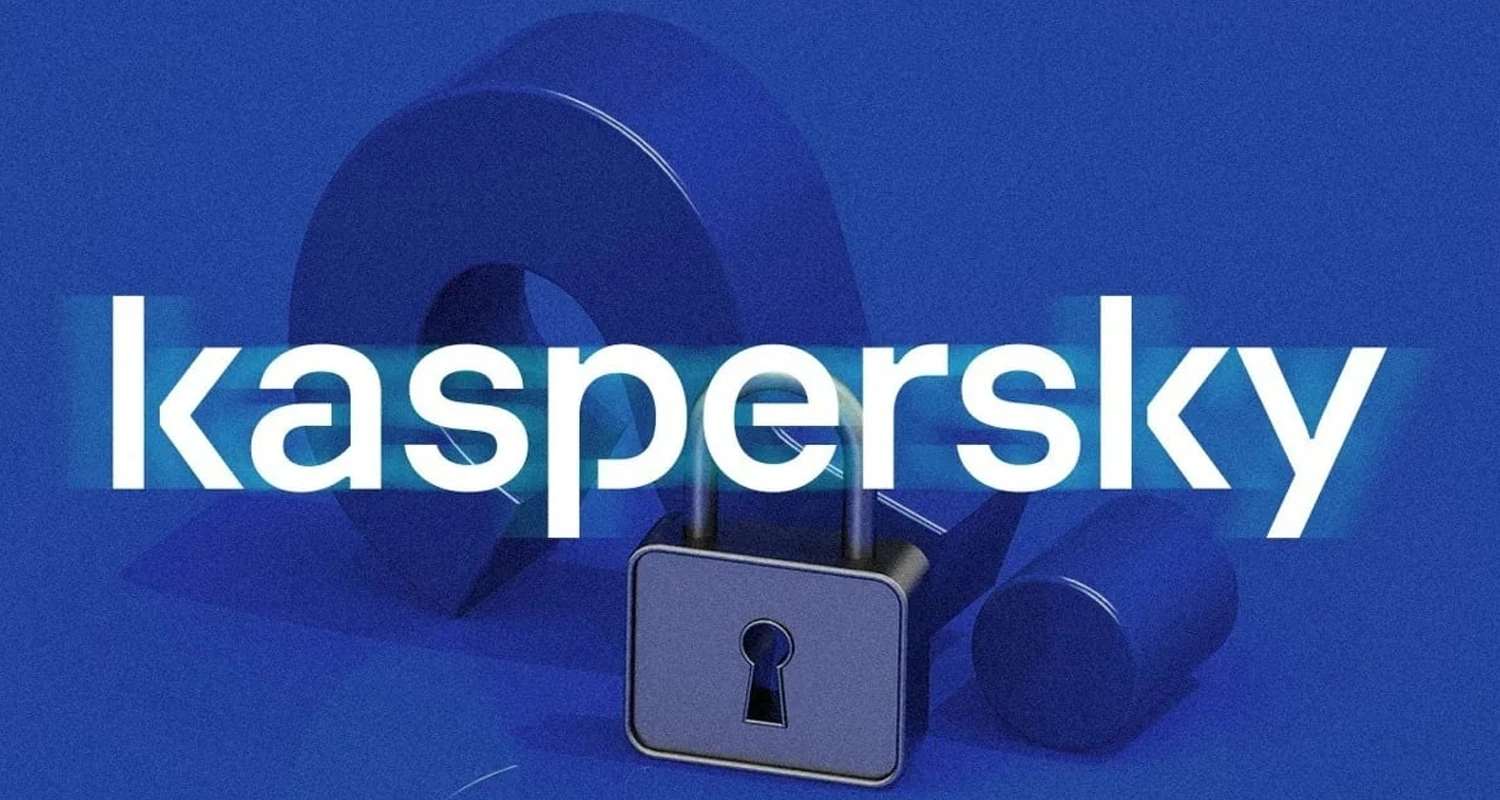Google removed Kaspersky’s Android Security apps from the Google Play Store and disabled the Russian Company’s developer accounts.
Users have searched but not found Kaspersky’s antivirus, so they reporting that Kaspersky’s products (including Kaspersky Endpoint Security and VPN & Antivirus by Kaspersky) are no longer available on Google Play Store in the United States and other world regions.
The Kaspersky confirmed the issue on the company’s official forums and website on Sunday and said that it’s currently investigating why this software is no longer available on Google Play Store.
A Kaspersky Employee said, “The download and updates of Kaspersky’s products are temporarily unavailable on the Google Play Store.
Kaspersky is investing the circumstances behind the issue and exploring solution to ensure that users of its products can continue downloading and updating their applications from Google Play Store.
For Now, Kaspersky advised users to install them from alternative app stores, while the apps are unavailable, including the Galaxy Store, Huawei AppGallery and Xiaomi GetApps. The company’s security apps can also be installed by downloading the .apk installation file from Kaspersky’s official website.
The support page provides more information on how to install and activate the Kaspersky’s software on Android Device. Here are the link – “Support Page”

Kaspersky told Bleeping Computer in July that it would shut down in US operations after the US government sanctioned the company and 12 executives and banned Kaspersky Antivirus Software over national security concerns in June.
Google confirmed this prompted the decision to block Kaspersky and its products on the Google Play Store.
A Google Spokeperson told BleepingComputer, ‘We have removed Kaspersky’s apps from Google Play Store. The US Department of Commerce’s Bureau of Industry and Security recently announced a variety of restrictions on Kaspersky.
In September month, The Russian Multinational cybersecurity company deleted its anti-malware software from customers’ computers across the United States and replaced it with UltraAV’s Antivirus solution without informing its customers or asking the permission.

















